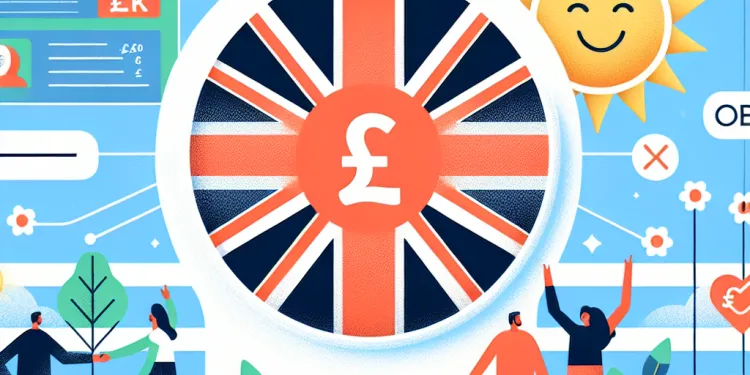
Find Help
More Items From Ergsy search
-

What is Personal Independence Payment (PIP)?
Relevance: 100%
-
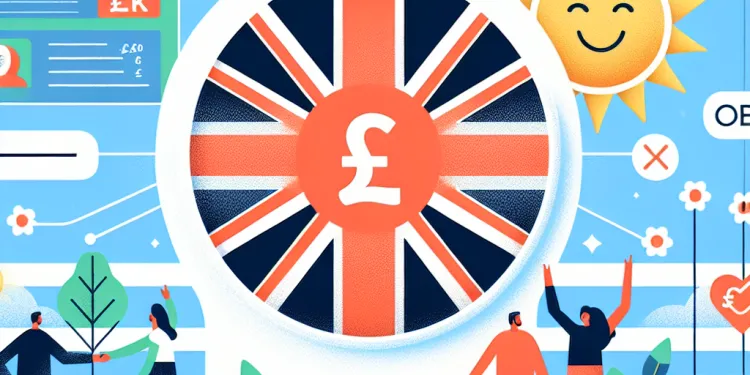
What is Personal Independence Payment (PIP)?
Relevance: 95%
-
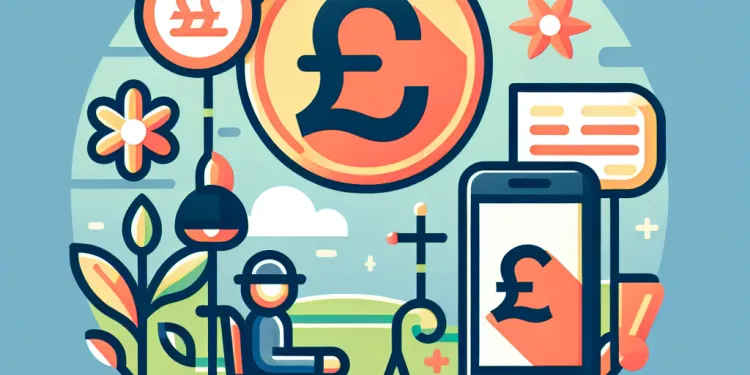
What is Personal Independence Payment (PIP) & Attendance Allowance?
Relevance: 89%
-
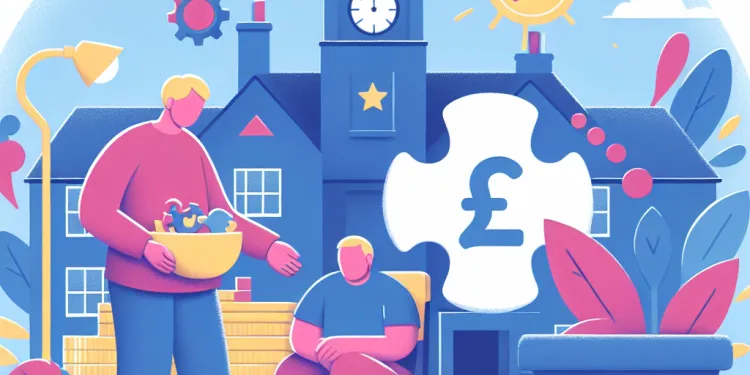
Can people with autism lead independent lives?
Relevance: 50%
-

What is the role of independent financial advisors in pension planning?
Relevance: 47%
-

Can the payment be used for any expenses?
Relevance: 43%
-
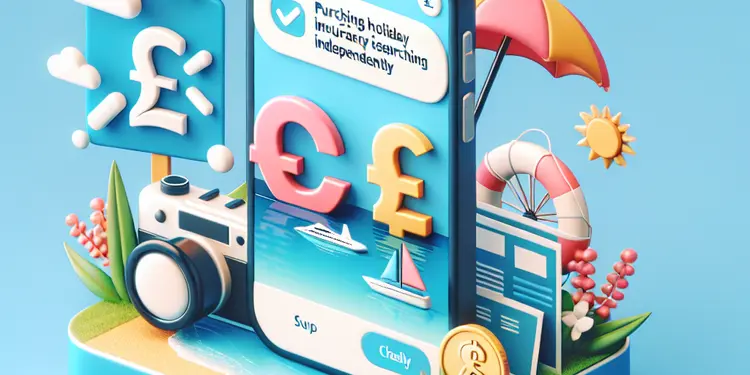
Should I buy holiday insurance from a travel agent or search independently?
Relevance: 42%
-
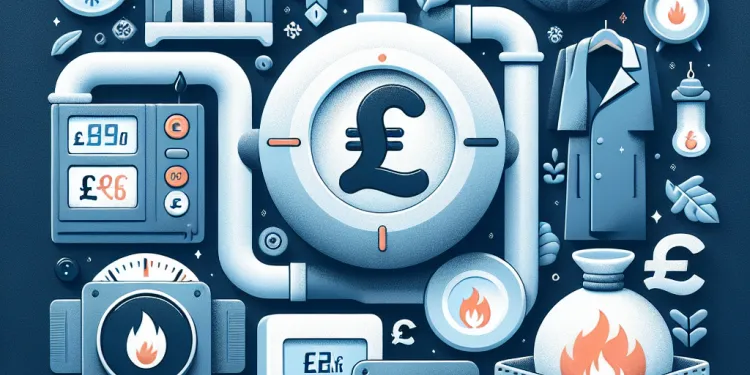
Can I get the Winter Fuel Payment if I receive other benefits?
Relevance: 42%
-

Can I receive this payment alongside other cost of living payments?
Relevance: 40%
-
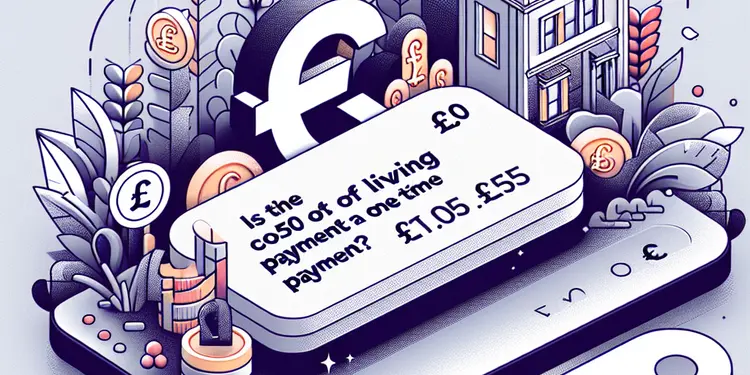
Is the £500 cost of living payment a one-time payment?
Relevance: 40%
-

Is the £500 cost of living payment a one-time payment?
Relevance: 39%
-

How long will it take to receive the payment after applying?
Relevance: 37%
-
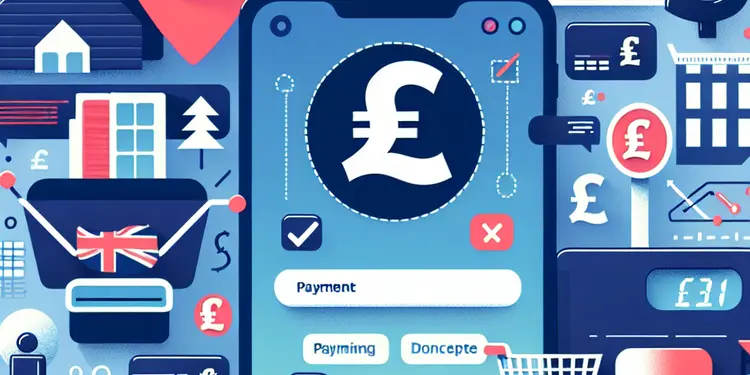
What is a payment on account?
Relevance: 37%
-
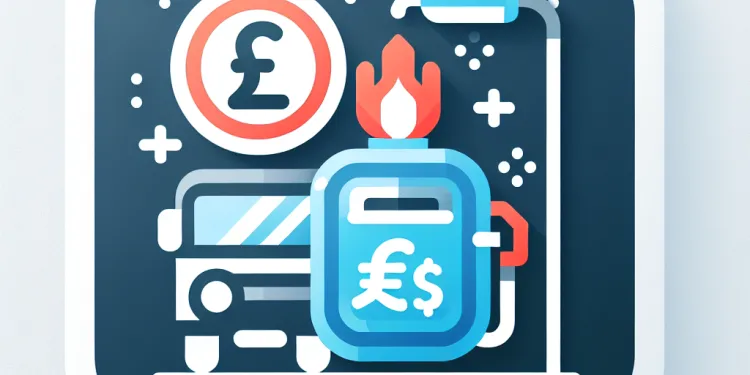
Is the Winter Fuel Payment taxable?
Relevance: 37%
-
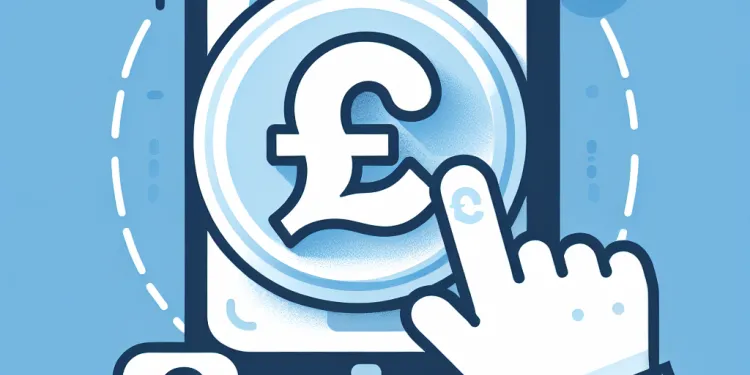
Will the £500 cost of living payment affect my benefits?
Relevance: 37%
-
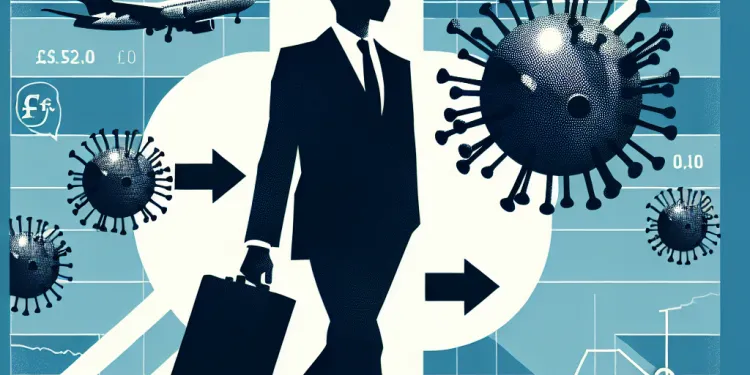
Can Chikungunya be transmitted from person to person?
Relevance: 37%
-
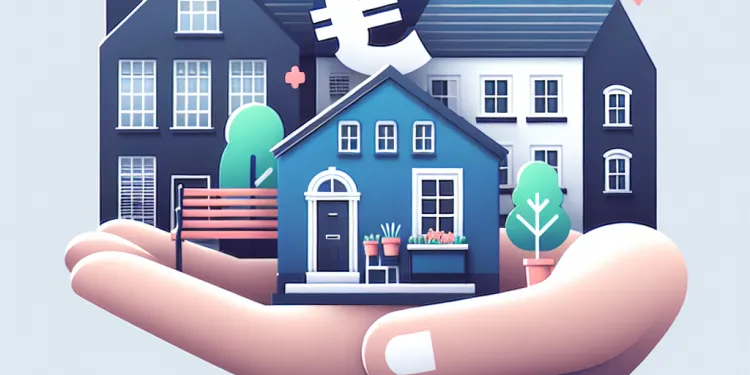
Where can I find more information about the £500 cost of living payment?
Relevance: 36%
-

Are students eligible for the £500 cost of living payment?
Relevance: 36%
-

Can I apply for the payment on behalf of someone else?
Relevance: 36%
-
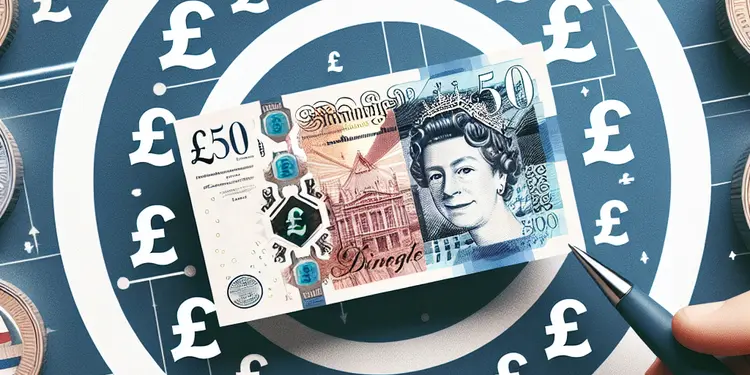
When will the £500 payment be distributed?
Relevance: 36%
-

Can I receive the payment if I already receive other benefits?
Relevance: 36%
-
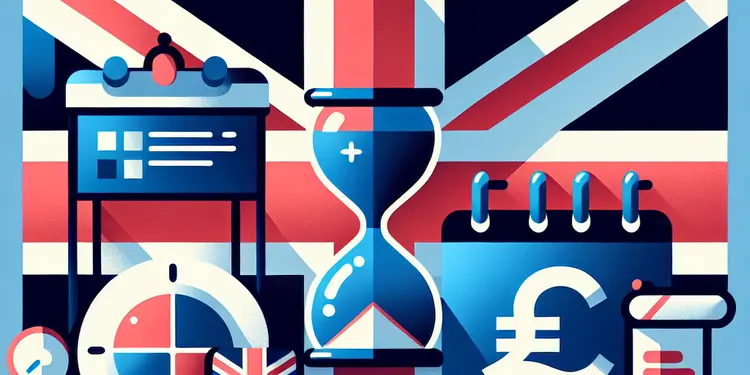
What happens if I've missed the payment deadline already?
Relevance: 36%
-

Can I claim the Winter Fuel Payment on behalf of someone else?
Relevance: 36%
-
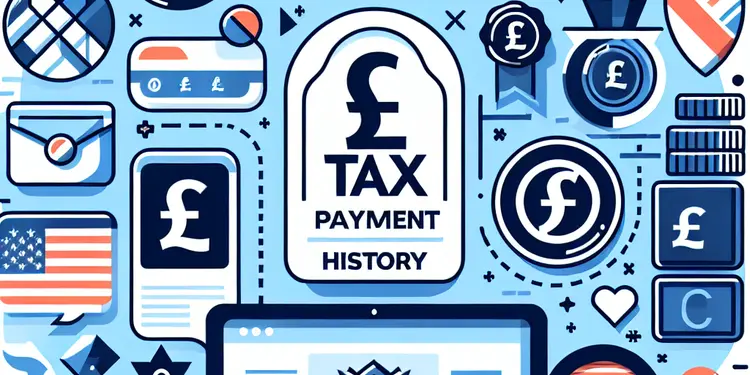
Can I access my Council Tax payment history online?
Relevance: 36%
-

What happens to my monthly payments if interest rates rise?
Relevance: 36%
-
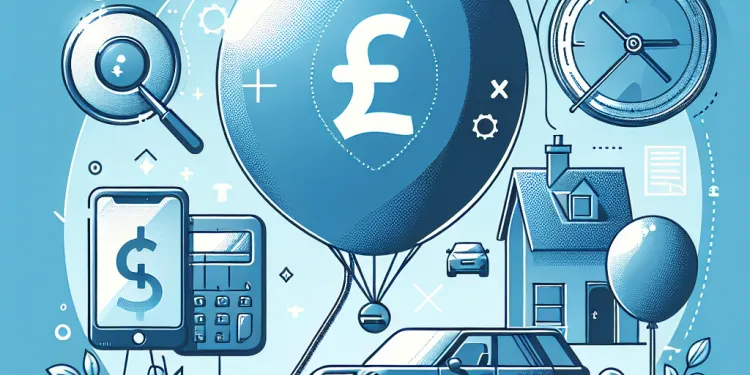
What is a 'balloon payment' in a PCP deal?
Relevance: 36%
-

Does receiving the Winter Fuel Payment affect my other benefits?
Relevance: 35%
-

Will I get a notification once my payment is made?
Relevance: 35%
-
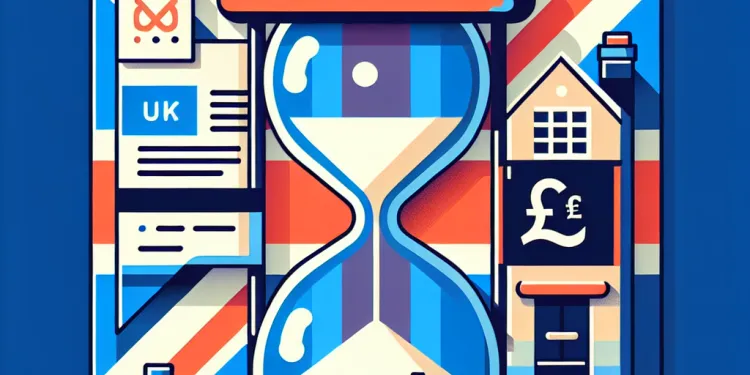
Is there a penalty for late payment of Stamp Duty in the UK?
Relevance: 35%
-

Are there any fees to apply for the £500 cost of living payment?
Relevance: 35%
-
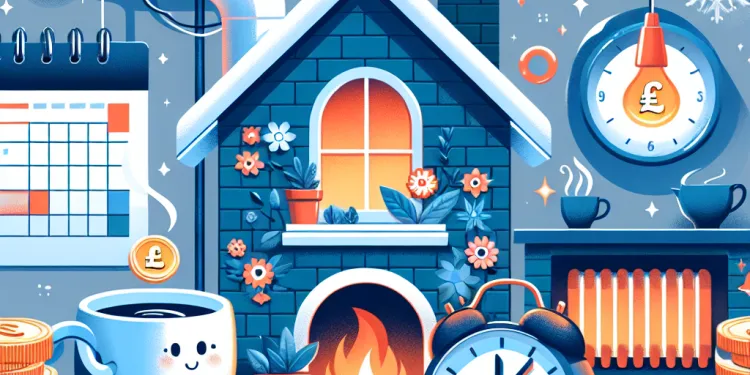
Is there a deadline to claim the Winter Fuel Payment?
Relevance: 34%
-

When will I receive the Winter Fuel Payment?
Relevance: 34%
-

How do I apply for the Winter Fuel Payment in Scotland?
Relevance: 34%
-

How will I receive the £500 payment?
Relevance: 34%
-
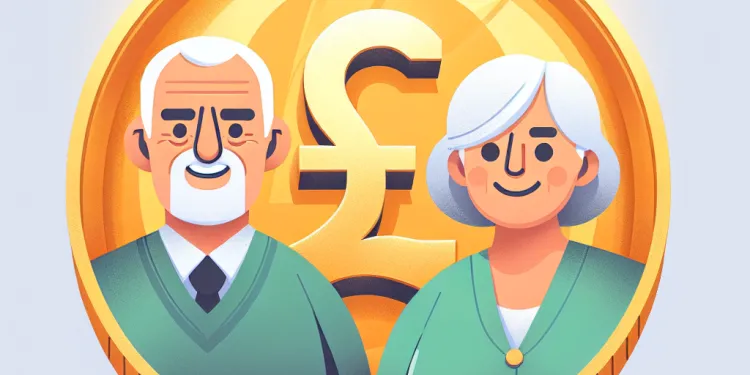
Are pensioners eligible for the £500 cost of living payment?
Relevance: 34%
-
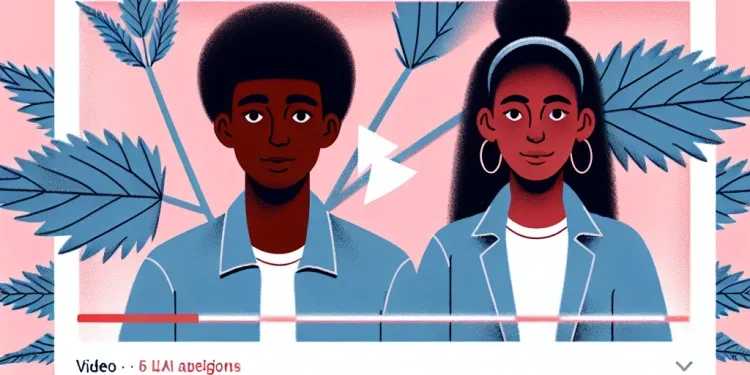
Can nettle rash spread from person to person?
Relevance: 34%
-

Who is eligible for a Funeral Expenses Payment?
Relevance: 34%
-
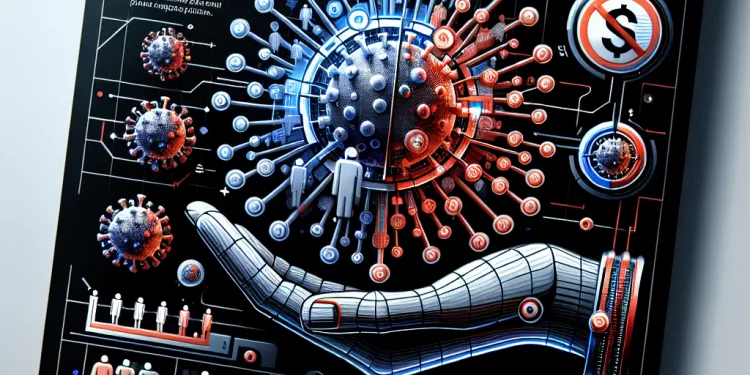
Can Nipah Virus be transmitted from person to person?
Relevance: 34%
-
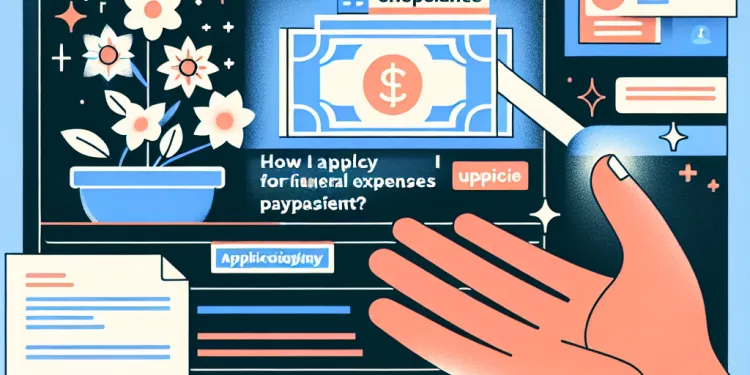
How do I apply for a Funeral Expenses Payment?
Relevance: 34%
-
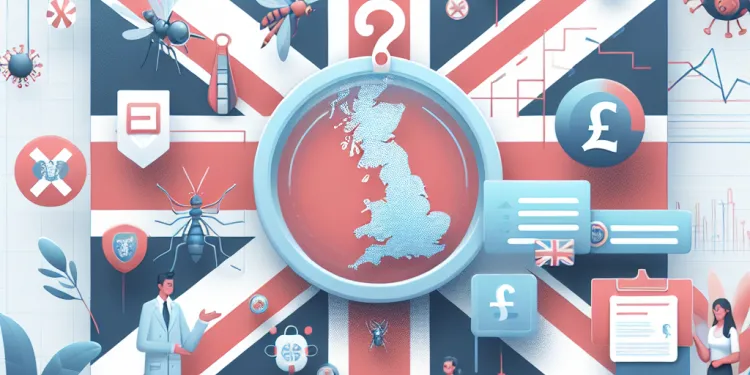
Can Zika virus be spread from person to person in the UK?
Relevance: 34%
What is Personal Independence Payment (PIP)?
Personal Independence Payment, commonly referred to as PIP, is a welfare benefit in the United Kingdom designed to help individuals with some of the extra costs associated with long-term ill health or disability. It was introduced in April 2013, gradually replacing the Disability Living Allowance (DLA) for people aged 16 to 64. PIP aims to provide financial assistance to help cover the additional expenses that living with a disability or long-term health condition can incur.
Eligibility Criteria
Eligibility for PIP is determined through an assessment process that evaluates how a person's condition affects their ability to perform everyday activities. Applicants must have a health condition or disability where they expect the difficulties to last for at least 12 months. PIP is available to people aged 16 to state pension age who have lived in England, Scotland, or Wales for at least two of the last three years, excluding temporary absences.
There are two main components of PIP: the daily living component and the mobility component. Each component is paid at either a standard or enhanced rate, depending on the severity of the individual's needs. To qualify, applicants need to demonstrate difficulty with daily living activities and/or mobility tasks, which is assessed through a points system.
Assessment Process
The PIP assessment process involves completing an application and attending a face-to-face consultation in most cases. During the consultation, a health professional evaluates how the applicant's health condition or disability affects their day-to-day life. The assessment looks at various activities related to daily living and mobility, including preparing food, managing treatments, washing and bathing, and moving around. Points are awarded based on the difficulty experienced in these activities, which helps determine the support level.
PIP Components
The daily living component is intended for individuals who need assistance with everyday activities. This could include help with eating, dressing, personal hygiene, and engaging with others face-to-face. The mobility component is designed for individuals who need help moving around, whether it involves planning and following journeys or physically moving from one place to another. Each component has two levels of support (standard and enhanced), with amounts reviewed regularly by the government.
How to Apply
To apply for PIP, individuals must contact the Department for Work and Pensions (DWP) to initiate the application process. The initial contact includes providing basic information, and the DWP will send a form to fill out concerning the impact of the individual's health conditions. Once submitted, the applicant may be asked to attend a consultation with a health professional, who will report findings to the DWP. Decisions on eligibility and rates are communicated in writing, allowing for appeal if the applicant disagrees with the decision.
Conclusion
PIP is a vital benefit for many across the UK, providing essential support to those living with disabilities or long-term health conditions. Understanding eligibility, the application process, and the assessment criteria is crucial for accessing this support effectively. By helping cover the extra costs associated with daily living and mobility challenges, PIP plays a significant role in improving the quality of life for those affected.
What is Personal Independence Payment (PIP)?
PIP stands for Personal Independence Payment. It is money you can get if you are sick or have a disability in the United Kingdom. It helps with extra costs because of long-term health problems or disabilities. PIP started in April 2013. It replaces Disability Living Allowance (DLA) for people aged 16 to 64. PIP helps you pay for things you might need because of your health.
Who Can Get PIP?
To get PIP, you need to show how your health affects you every day. You must have a health problem or disability that makes things hard for at least 12 months. PIP is for people aged 16 to state pension age. You must have lived in England, Scotland, or Wales for 2 of the last 3 years, not counting short trips away.
PIP has two parts: daily living and mobility. Each part can be paid at two different amounts: standard or enhanced. You get PIP if you show you have difficulty with daily tasks or getting around. There is a points system that helps decide this.
How is PIP Decided?
To get PIP, you fill out a form and usually meet a health professional. They will talk to you about how your health affects your everyday life. This will include things like cooking, taking care of yourself, or moving around. They give you points for the things you find difficult. The points help decide how much support you can get.
What Help Does PIP Offer?
The daily living part of PIP is for people who need help with everyday things. This can be eating, getting dressed, washing, or socializing. The mobility part is for those who need help moving around. It can be about planning trips or walking from place to place. Each part of PIP can give standard or enhanced support. The government checks these amounts regularly.
How Do You Apply for PIP?
To start getting PIP, you must contact the Department for Work and Pensions (DWP). They will ask for some information about you and then send you a form to fill out about your health. After you send it back, you might need to meet with a health professional. They will tell the DWP what they find out, and the DWP will decide. They will write to you about their decision. If you do not agree, you can ask them to think about it again.
Conclusion
PIP is important for many people in the UK. It helps those with disabilities or long-term health issues. Knowing if you can get PIP and how to apply is important. PIP helps pay for things you need because of your health or disability, making life a bit easier.
Frequently Asked Questions
What is Personal Independence Payment (PIP)?
Personal Independence Payment (PIP) is a UK benefit for people aged 16 to 64 who need help with extra costs because of long-term illness, disability, or mental health conditions.
How is PIP different from Disability Living Allowance (DLA)?
PIP is gradually replacing DLA for individuals aged 16 to 64. The assessment criteria and process are different, focusing on how conditions affect daily living and mobility.
Who is eligible for PIP?
To be eligible for PIP, you must be aged 16 to 64, have a long-term health condition or disability, and face challenges with everyday living or mobility.
How do I apply for PIP?
You start by calling the Department for Work and Pensions (DWP) to begin your claim. They will check basic eligibility and send you a form to complete.
What assessment is required for PIP?
An independent health professional assesses your ability to perform specific activities, which informs the DWP's decision about your PIP eligibility.
What are the components of PIP?
PIP consists of two components: the daily living component and the mobility component. You may qualify for one or both components, and each has standard and enhanced rates.
How much is PIP worth?
The amount you receive depends on your circumstances and assessment results, with different rates for the daily living and mobility components.
Can I receive PIP if I am working?
Yes, being in work does not automatically disqualify you from receiving PIP. Eligibility is based on the impact of your condition on your daily life and mobility, not your employment status.
Is PIP means-tested?
No, PIP is not means-tested, so your income and savings do not affect your eligibility or the amount you receive.
How long does it take to get a decision on my PIP claim?
The time can vary, but generally, it takes several weeks from the application date to receive a decision. This includes time for assessment and processing.
Can I challenge a PIP decision?
Yes, if you disagree with a decision about your PIP claim, you can ask for a mandatory reconsideration, and if necessary, appeal to a tribunal.
What if my condition changes after I receive PIP?
If your condition changes, you must inform the DWP. It may affect the amount of PIP you are eligible for, and they may reassess your claim.
How often are PIP claims reviewed?
PIP claims are usually reviewed regularly to ensure you are receiving the correct support. The frequency depends on your circumstances.
Can I get help to apply for PIP?
Yes, you can get help from support organizations, charities, or local councils to assist with your PIP application.
What is a PIP assessment like?
A PIP assessment is a face-to-face meeting with a health professional who evaluates how your condition affects your daily life and mobility.
What documents do I need for a PIP application?
You need identity documents, medical evidence, and information about how your condition affects you for a PIP application.
Can I receive other benefits along with PIP?
Yes, PIP can be claimed alongside other benefits like Universal Credit, as it is not means-tested.
Does PIP affect my entitlement to Carer's Allowance?
Yes, if you receive PIP, someone caring for you may be eligible for Carer's Allowance.
What should I do if my PIP application is rejected?
If your PIP application is rejected, you can request a mandatory reconsideration and appeal if necessary.
Is PIP available to people over 65?
You cannot make a new PIP claim if you are over 65, but if you are already receiving PIP before 65, it can continue.
What is Personal Independence Payment (PIP)?
PIP is money from the government. It helps people who find it hard to do everyday things because they are sick, have a disability, or find it hard to move around.
PIP can pay for things that make life easier, like special equipment or extra help.
If you think you might need help, you can ask someone like a family member or a support worker. They can help you apply for PIP.
There are also online tools that can help, like websites with easy guides or videos. These can show you how to apply step-by-step.
Personal Independence Payment (PIP) is a UK benefit. It is for people who are 16 to 64 years old. It helps if you have extra costs because of a long-term illness, disability, or mental health problems.
Here are some tips that can help:
- Ask someone you trust to help you understand what PIP is.
- Use pictures or drawings to make things clearer.
- Break information into small parts.
- Use simple words to explain things.
How is PIP not the same as DLA?
PIP and DLA are both benefits to help people who need extra support because of a disability. But they are not the same.
- PIP is for people aged 16 and over who need help with daily living or getting around.
- DLA is for children under 16 or people who already got it before 2013.
To make it easier, use pictures or videos to understand more about PIP and DLA.
PIP is a new kind of help that is slowly taking the place of DLA. It is for people aged 16 to 64. PIP looks at how your condition affects your daily life and moving around. It works a bit differently than DLA did.
Who can get PIP?
PIP is money to help people who have difficulty moving around or doing everyday tasks. You can get it if you:
- Are aged 16 or older but not yet at state pension age
- Have had problems for at least 3 months and expect them to last for another 9 months
- Live in England, Scotland, or Wales
If you need help, you can use pictures, videos, or ask a friend or family member to explain it to you. You can also call the PIP helpline to get support.
If you are between 16 and 64 years old, you might get PIP. To get PIP, you should have a health problem or disability. This means you have trouble with daily activities or moving around.
How can I ask for PIP money?
PIP stands for Personal Independence Payment. It is money to help people who have a hard time doing everyday things because they are sick or have a disability.
Here is how you can ask for PIP:
- Call the PIP claim line. You can ask someone to help you make the call. You will need to tell them your name, address, and details about your doctor.
- Fill out a form they will send you. This form asks about things that are hard for you.
- Send the form back. You can ask someone to help you with this too.
- You might need to have a meeting, called an assessment, to talk about things you find hard.
- After this, you will get a letter to say if you will get PIP money or not.
You can use a computer or tablet to read the form if you find it easier. You can also ask a friend, family member, or support worker to help you.
First, you need to call the Department for Work and Pensions (DWP) to start your claim. They will check that you can apply and then send you a form to fill out.
If you need help, you can ask someone you trust or use tools like text-to-speech to read the form out loud. Take your time and get support if you need it.
What checks do you need for PIP?
A health worker checks what you can do. This helps the DWP decide if you can get PIP money.
What makes up PIP?
PIP stands for Personal Independence Payment. It helps people who need support because they have a disability or health condition.
PIP has two main parts:
- Daily Living Part: This helps with everyday tasks like cooking or dressing.
- Mobility Part: This helps with getting around or moving outside the home.
Some people get one part. Some people get both.
Tips for understanding:
- Ask someone to read it with you.
- Use pictures to help you understand.
- Take your time and read a little each day.
PIP has two parts: the daily living part and the mobility part. You might get money for one or both parts. Each part has a standard amount and a higher amount. If you find reading hard, try using tools like text-to-speech to read out the text. You can also highlight text as you read to help you focus.
How much money do you get from PIP?
PIP stands for Personal Independence Payment. It is money from the government to help people who need extra support because of a disability or health condition.
You can get PIP if you are 16 or older and have trouble moving or need help with daily activities.
PIP money is in two parts: 'Daily Living' and 'Mobility'. You can get one or both parts, depending on your needs.
- 'Daily Living' helps with things like dressing or eating.
- 'Mobility' helps if you need help moving around.
The amount you get depends on what help you need. Every person gets different amounts.
You can ask someone to help you fill out the forms if you find it hard. A friend, family member, or support worker can help you understand better.
The money you get depends on your situation and how you are assessed. There are different rates for help with daily living and moving around.
Can I get PIP if I have a job?
Yes, you can get PIP (Personal Independence Payment) even if you are working. PIP is a payment that helps people who have extra needs because of a health condition or disability. It does not matter if you have a job or not.
PIP is about how much help you need with daily activities and moving around, not whether you work.
If you want help applying for PIP or need more information, you can talk to someone who knows about benefits. They can help you understand what to do next.
Yes, you can still get PIP even if you have a job. PIP depends on how your condition affects your daily life and moving around, not if you have a job.
Does PIP depend on your money?
No, PIP is not based on how much money you earn or have saved. This means that how much money you make or have in the bank does not change if you can get PIP or how much you get.
How long will I wait to hear about my PIP claim?
It can take a few weeks to get an answer after you apply. This is because they need time to check everything and make a decision.
Can I ask to change a PIP decision?
If you do not agree with the decision about your PIP claim, you can ask them to look at it again. This is called a mandatory reconsideration. If you still do not agree after that, you can ask for a tribunal to look at it.
To help with this process, you can:
- Ask someone you trust to help you understand the decision.
- Use a dictionary to help with hard words.
- Ask for advice from a help service or charity for support.
What if my health changes after I get PIP?
If anything about your health or situation changes, you need to tell the DWP. This could change how much PIP money you can get. They might check your claim again.
How often do they check PIP claims?
PIP checks happen often to make sure you get the right help. How often they check depends on what's happening in your life.
Can someone help me apply for PIP?
Do you need help to fill out a PIP form?
PIP stands for Personal Independence Payment. It helps people who need extra support.
You can ask someone to help you. This could be a family member, a friend, or a support worker.
You can also use tools like:
- A dictionary or spell checker to help with words.
- A computer or voice recorder to keep track of your thoughts.
Remember, it is okay to ask for help!
Yes, you can get help from groups, charities, or your local council with your PIP application.
What happens in a PIP check-up?
A PIP check-up is a meeting to see what help you need. PIP stands for Personal Independence Payment. It is money to help you if you have a long-term illness or disability. The check-up looks at how these things make your daily life and moving around harder.
Who is at the check-up?
You will meet a person called an assessor. They ask questions to understand you better. You can bring someone with you, like a friend or a family member.
What will they ask?
The assessor will ask about:
- Your daily activities, like washing, getting dressed, and eating.
- How you move around, like walking or using transport.
- Any help you have from people or things.
Tips to help:
It's good to:
- Tell the truth about your daily life.
- Write down things you find hard before the check-up.
- Bring someone for support.
After the check-up, they decide if you can get PIP money. You will get a letter that tells you their decision.
A PIP assessment is a meeting where you talk to a health worker. They check how your health problem makes it hard for you to do things each day and how it affects your moving around.
What papers do I need to apply for PIP?
To apply for PIP (Personal Independence Payment), you need some important papers. These papers help show why you need help. Here is a list of what you might need:
- Your ID, like a passport or driving license.
- Letters from your doctor or nurse.
- Hospital or medical reports.
- Prescription lists for your medicine.
- Any letters about other benefits you get.
If you need help, you can ask someone you trust, like a family member or friend. You can also use a computer program that reads the text out loud for you. This can make it easier to understand.
To apply for PIP, you need to show who you are and how your health affects you. This is what you need:
- Papers that say who you are, like a passport or a driving license.
- Papers from your doctor or hospital about your health.
- Write down how your health makes things hard for you every day.
It's good to ask someone to help you fill out the form. You can also use tools like text-to-speech on a computer to read out the words for you.
Can I get other help with PIP?
If you get PIP, you can also get other help.
Here are some things you might get:
- Extra money from some benefits.
- A blue badge for parking if you have trouble walking.
- Help with travel costs.
Tools to help:
- Ask someone you trust to help you apply.
- Use simple checklists to keep track of what you need.
- Use pictures to help you understand your benefits.
Yes, you can get PIP and other benefits like Universal Credit at the same time. PIP does not depend on how much money you have.
If you need help understanding this, you can ask someone to explain it to you. There are also apps that read text aloud to you.
Does getting PIP change if I can get Carer's Allowance?
If you get PIP, the person who takes care of you might be able to get Carer's Allowance.
What to Do If They Say No to Your PIP Application
If you asked for PIP money and they said no, don't worry. You can ask them to look at your application again. This is called a "mandatory reconsideration." It means they check it one more time.
Here are some steps to follow:
- Write a letter or call them. Tell them why you think they made a mistake.
- You have 1 month to do this from the date they said no.
- It helps if you have extra information. You can ask your doctor or someone who helps you to write a note.
If they still say no, you can ask for a "tribunal." This is when people outside the DWP look at your case. You can ask someone for help if you find this hard to do.
Here are some people who can help you:
- Friends or family members
- A support worker or social worker
- Citizen's Advice or other charities
Remember, it’s okay to ask for help.
If your PIP application is not accepted, you can ask for someone to look at it again. If they still say no, you can ask for a second opinion.
Can people over 65 get PIP?
PIP stands for Personal Independence Payment.
If you were already getting PIP before you turned 65, you can keep getting it.
You can't start getting PIP for the first time if you are over 65.
If you need help with daily living or moving around, you might get Attendance Allowance instead.
It can help to talk to someone who knows about these payments. They can give you advice.
If you are over 65, you cannot start getting PIP. But, if you already get PIP before turning 65, you can keep getting it.
Useful Links
Have you found an error, or do you have a link or some information you would like to share? Please let us know using the form below.
-->
This website offers general information and is not a substitute for professional advice.
Always seek guidance from qualified professionals.
If you have any medical concerns or need urgent help, contact a healthcare professional or emergency services immediately.
Some of this content was generated with AI assistance. We’ve done our best to keep it accurate, helpful, and human-friendly.
- Ergsy carfully checks the information in the videos we provide here.
- Videos shown by Youtube after a video has completed, have NOT been reviewed by ERGSY.
- To view, click the arrow in centre of video.
- Most of the videos you find here will have subtitles and/or closed captions available.
- You may need to turn these on, and choose your preferred language.
- Go to the video you'd like to watch.
- If closed captions (CC) are available, settings will be visible on the bottom right of the video player.
- To turn on Captions, click settings .
- To turn off Captions, click settings again.
More Items From Ergsy search
-

What is Personal Independence Payment (PIP)?
Relevance: 100%
-

What is Personal Independence Payment (PIP)?
Relevance: 95%
-

What is Personal Independence Payment (PIP) & Attendance Allowance?
Relevance: 89%
-

Can people with autism lead independent lives?
Relevance: 50%
-

What is the role of independent financial advisors in pension planning?
Relevance: 47%
-

Can the payment be used for any expenses?
Relevance: 43%
-

Should I buy holiday insurance from a travel agent or search independently?
Relevance: 42%
-

Can I get the Winter Fuel Payment if I receive other benefits?
Relevance: 42%
-

Can I receive this payment alongside other cost of living payments?
Relevance: 40%
-

Is the £500 cost of living payment a one-time payment?
Relevance: 40%
-

Is the £500 cost of living payment a one-time payment?
Relevance: 39%
-

How long will it take to receive the payment after applying?
Relevance: 37%
-

What is a payment on account?
Relevance: 37%
-

Is the Winter Fuel Payment taxable?
Relevance: 37%
-

Will the £500 cost of living payment affect my benefits?
Relevance: 37%
-

Can Chikungunya be transmitted from person to person?
Relevance: 37%
-

Where can I find more information about the £500 cost of living payment?
Relevance: 36%
-

Are students eligible for the £500 cost of living payment?
Relevance: 36%
-

Can I apply for the payment on behalf of someone else?
Relevance: 36%
-

When will the £500 payment be distributed?
Relevance: 36%
-

Can I receive the payment if I already receive other benefits?
Relevance: 36%
-

What happens if I've missed the payment deadline already?
Relevance: 36%
-

Can I claim the Winter Fuel Payment on behalf of someone else?
Relevance: 36%
-

Can I access my Council Tax payment history online?
Relevance: 36%
-

What happens to my monthly payments if interest rates rise?
Relevance: 36%
-

What is a 'balloon payment' in a PCP deal?
Relevance: 36%
-

Does receiving the Winter Fuel Payment affect my other benefits?
Relevance: 35%
-

Will I get a notification once my payment is made?
Relevance: 35%
-

Is there a penalty for late payment of Stamp Duty in the UK?
Relevance: 35%
-

Are there any fees to apply for the £500 cost of living payment?
Relevance: 35%
-

Is there a deadline to claim the Winter Fuel Payment?
Relevance: 34%
-

When will I receive the Winter Fuel Payment?
Relevance: 34%
-

How do I apply for the Winter Fuel Payment in Scotland?
Relevance: 34%
-

How will I receive the £500 payment?
Relevance: 34%
-

Are pensioners eligible for the £500 cost of living payment?
Relevance: 34%
-

Can nettle rash spread from person to person?
Relevance: 34%
-

Who is eligible for a Funeral Expenses Payment?
Relevance: 34%
-

Can Nipah Virus be transmitted from person to person?
Relevance: 34%
-

How do I apply for a Funeral Expenses Payment?
Relevance: 34%
-

Can Zika virus be spread from person to person in the UK?
Relevance: 34%


